As a lapsed vegetarian of some 20 years, you might imagine the wry, ironic smile that crawled across my face upon learning that all the cheap plonk I had consumed in those unfortunate years was less than vegetarian, and certainly less than vegan. Even in 2020, the idea of vegan wine is probably unfathomable for many wine drinkers. Wine is made with grapes, of course, so how could wine be anything but vegan?
As a glorified barman by trade, I know more than most that the first sip of any beverage is with the eyes (this is true of all drinkers but especially, it seems, with 'real' ale drinkers). Generally, unless the liquid in the glass is day-bright and clear (not hazy or cloudy), a punter might disapprovingly hold the glass up to the light and squint loudly at me with a "must try harder" type look across their face. In order to conform to the notion that booze should look 'clean' to taste great, breweries, distilleries and especially wineries employ the power of fining agents as a means of clarifying their juice for presentation purposes.
What is a fining agent?
Simply put, fining agents either coagulate or adsorb larger molecules within the juice such as sediment, tannins or any unwanted solid matter and precipitate them out of the liquid, leaving it bright and clear. There are lots of choices when it comes to fining agents to use, but it is widely acknowledged that they shouldn't affect the flavour of the wine. The same can't be said about filtering methods, which many people argue can remove subtle nuances when it comes to taste, hence why producers often favour fining methods to brighten up their products - giving them commercial appeal.
It is from such fining products that the issue of non-vegan wine arrises. A surprising number of traditional and permitted fining agents are made from animal derived products. For example, Bordeaux producers famously favour egg-whites (or albumen) as their fining product of choice. The other most commonly used products are isinglass - ground fish bladder (for lack of a more appealing descriptor), casein - a protein found in milk, and gelatin - traditionally made from waste meat products.

You could be forgiven though for not being aware of their presence in your bottle of wine. Technically, they're not. These substances are removed from the tank before the wine is bottled, in theory.
So, how do I know if my wine contains fining agents?
Wine (like most alcoholic drinks) is absurdly exempt from the legalities of detailed ingredient labelling and as such, you won't find mention of fining agents on the bottle unless the producer specifically decides to of their own admission. Though it is likely that any such "woke" producer is more likely to produce their wine using an unfined & unfiltered method (and label it as such - read on below). As a result, consumers have to rely on the advertising and word of importers and retailers to confirm that the bottle of wine they are looking to purchase is free from any such animal derived fining agent.
There seems to be a growing trend for transparency (and rightly so). We, along with other good retailers, label and list our vegan friendly wines in an effort to be accessible and clear to those whose preference is a vegan diet. This information is obtained from our importers and where not available, directly from the producers. I for one am keen to know what I am putting into my body (despite turning against the tide in my attitude towards consuming animal products) - being conscious of the effects my consumption has on the planet and in turn the effect that consumption has on my body! The vast majority of our wines are vegan, but they're neatly categorised for clarity.
Shop our full list of vegan wines...
Are all wines fined?
No. Of course, wines don’t have to be fined or filtered. There is a definite movement towards bottling juice without either process, largely adopted by artisanal producers. This is a guarantee that the wine is suitable for consumption for vegans - and is quite often highlighted on the bottle with the phrase “unfiltered and unfined”. However it is very much possible (increasingly so), that wine can be clarified with modern, vegan friendly fining agents. The most popular alternative being bentonite - a kind of clay. There are other, less commonly used alternative products based on vegetables such as peas and potatoes or poly-vinyl-poly-pyrrolidone (a micro-plastic).

Whatever your stance on the consumption of animal products, whether directly or indirectly, our general feeling on the subject is this:
Isn't it strange to unnecessarily add fish guts to grape juice? And, that point aside, shouldn't the industry take it upon itself to be more clear in it's labelling and advertising of product ingredients? Alcohol is a highly regulated product after all, so what are a few more restrictions?
But therein lies the ultimate challenge. Is it all just a matter of definition? Wine is a global product and is commonly regulated regionally. How could we possibly come to a global consensus on a single definition of a vegan wine? Perhaps the clearest explanation I can accept is from the UK's Vegan Society:

"Veganism is a philosophy and way of living which seeks to exclude—as far as is possible and practicable—all forms of exploitation of, and cruelty to, animals for food, clothing or any other purpose; and by extension, promotes the development and use of animal-free alternatives for the benefit of animals, humans and the environment. In dietary terms it denotes the practice of dispensing with all products derived wholly or partly from animals."
This context of course may not translate to all cultures. Some years back I holidayed in the Italian port city of Salerno, just down the coast from Naples. I'm certain the chef who served me, a vegetarian at the time, a contorno (side dish) of patate al forno (Italian oven roasted potatoes) laced with diced guanciale (cured pork cheek) would argue the phrase above - "as far as is possible and practicable" as ambiguous. I kindly protest that the dish is unsuitable for my vegetarian diet as the chef insistently suggests that I try a mouthful, as though my mother might encourage me to eat my greens. "Just a little pig", he graciously utters in almost unbroken English is so nearly enough to make me cave under the crushing embarrassment and shame I felt at not being able to answer him as eloquently in his own language, in his own country.
So, there is a chance that not everybody will agree upon a definition.
The wine industry infamously has an ongoing problem with definition. [insert OTT tangent on the contentious subject of natural wine and it's image problem, here]. It's unlikely that the certification of vegan wines will be agreed upon soon, but we'll wait to be proven wrong. Until then we'll seek comfort in our fortunate ability to have ongoing dialogue with the producers in order to know that we, the retailer, are being as transparent and honest as we can when it comes to the juice we sell.
You could say we're providing clarity...
[Writer smugly twists moustache and sits back, proud to end the piece on a spectacular pun].


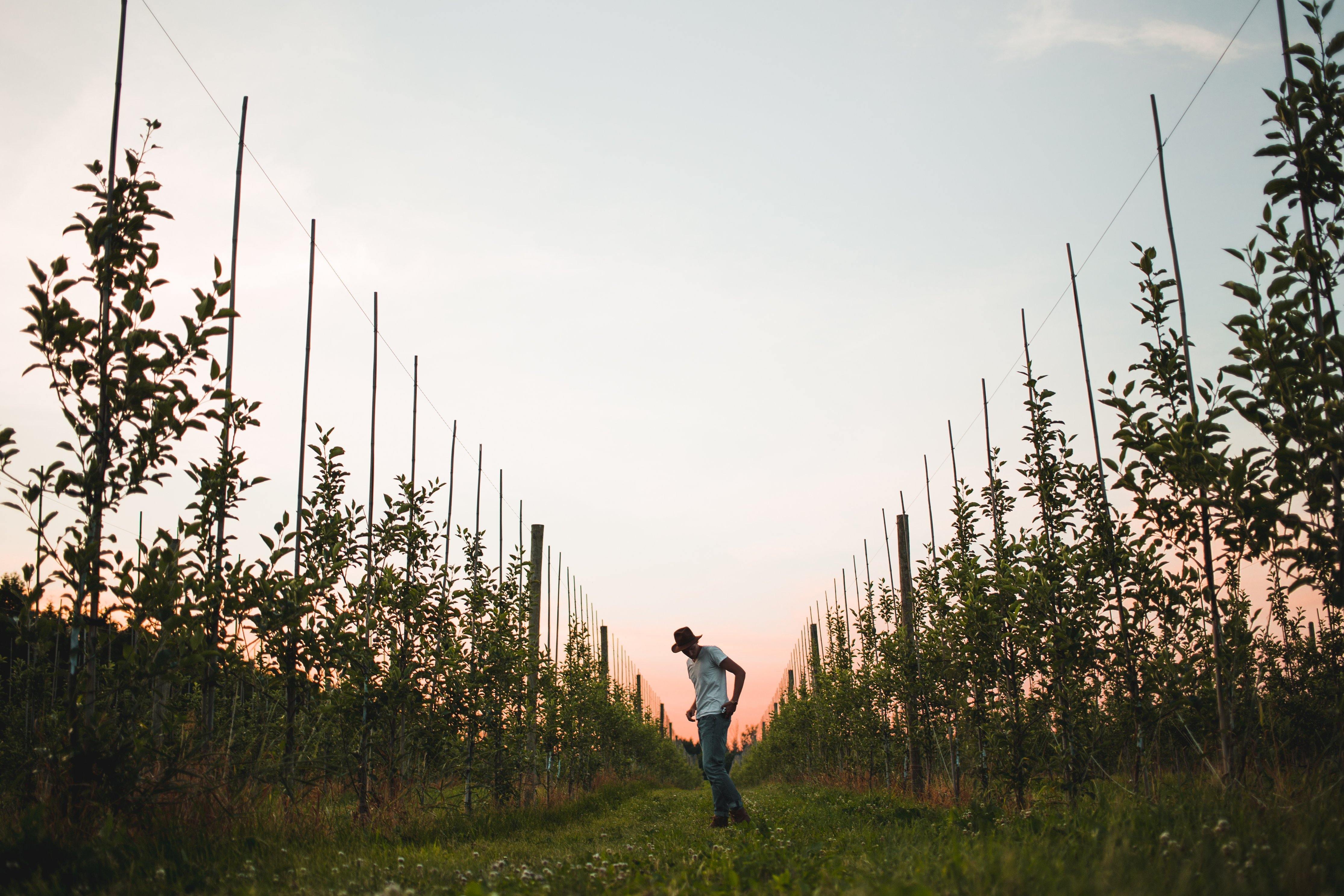
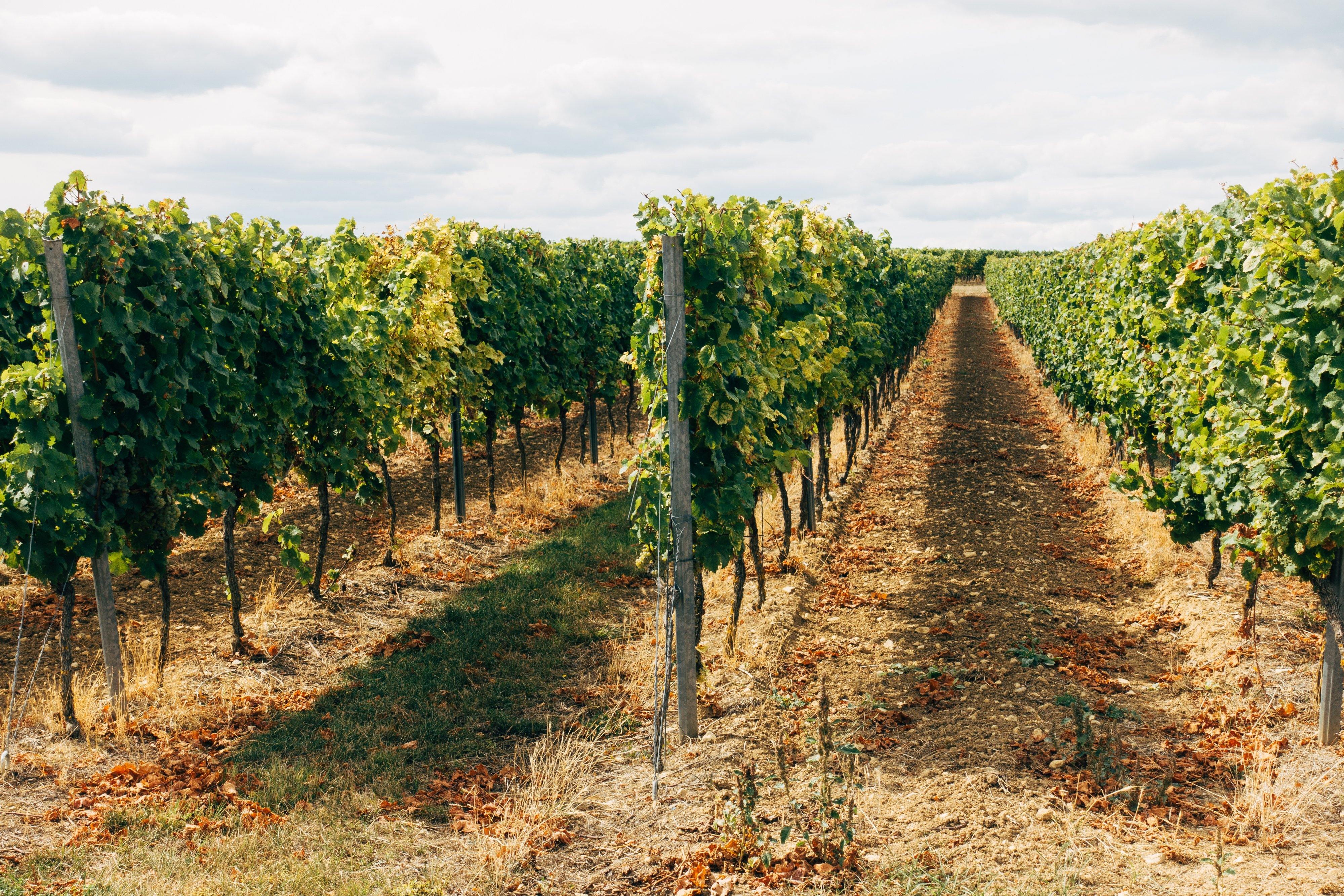
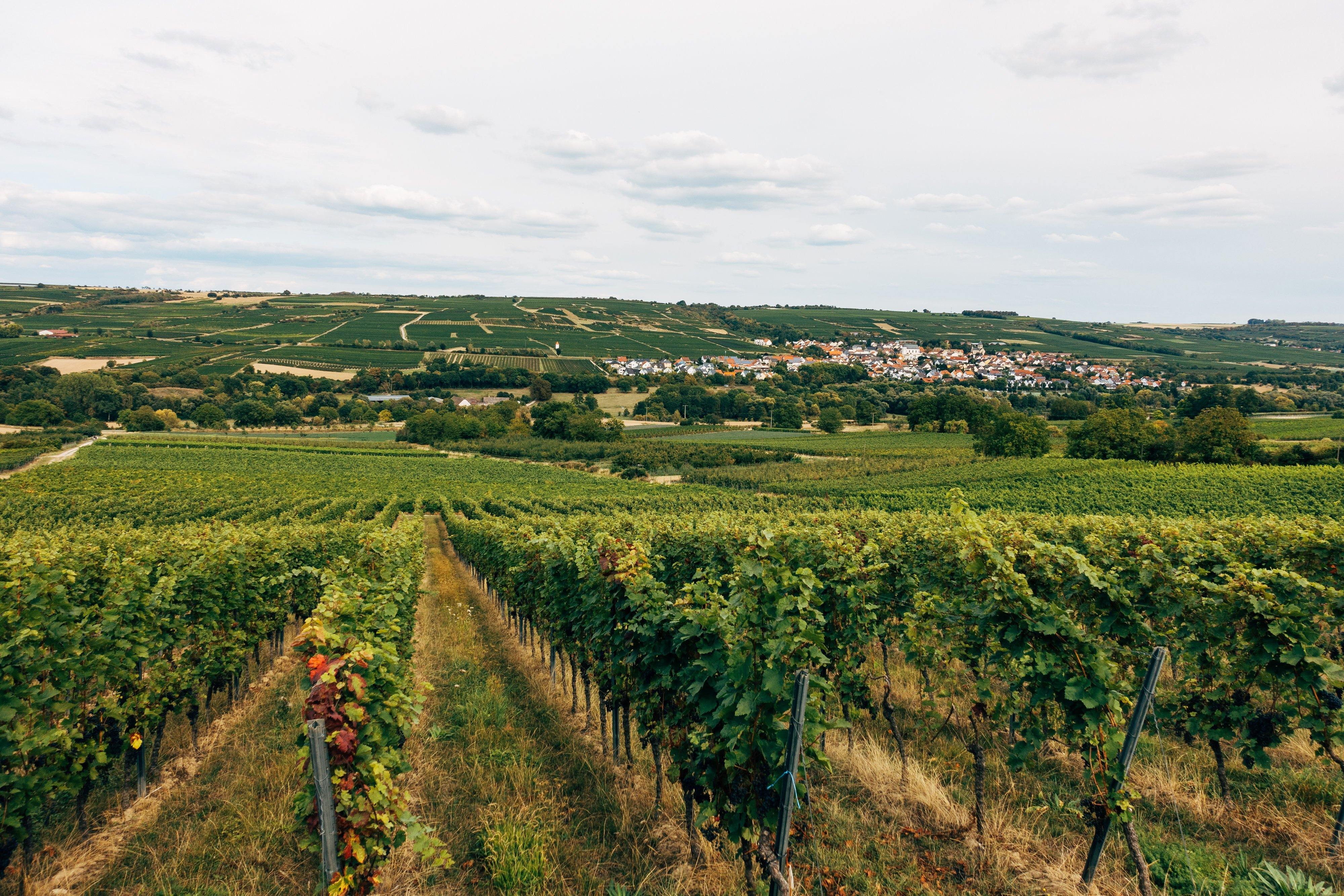
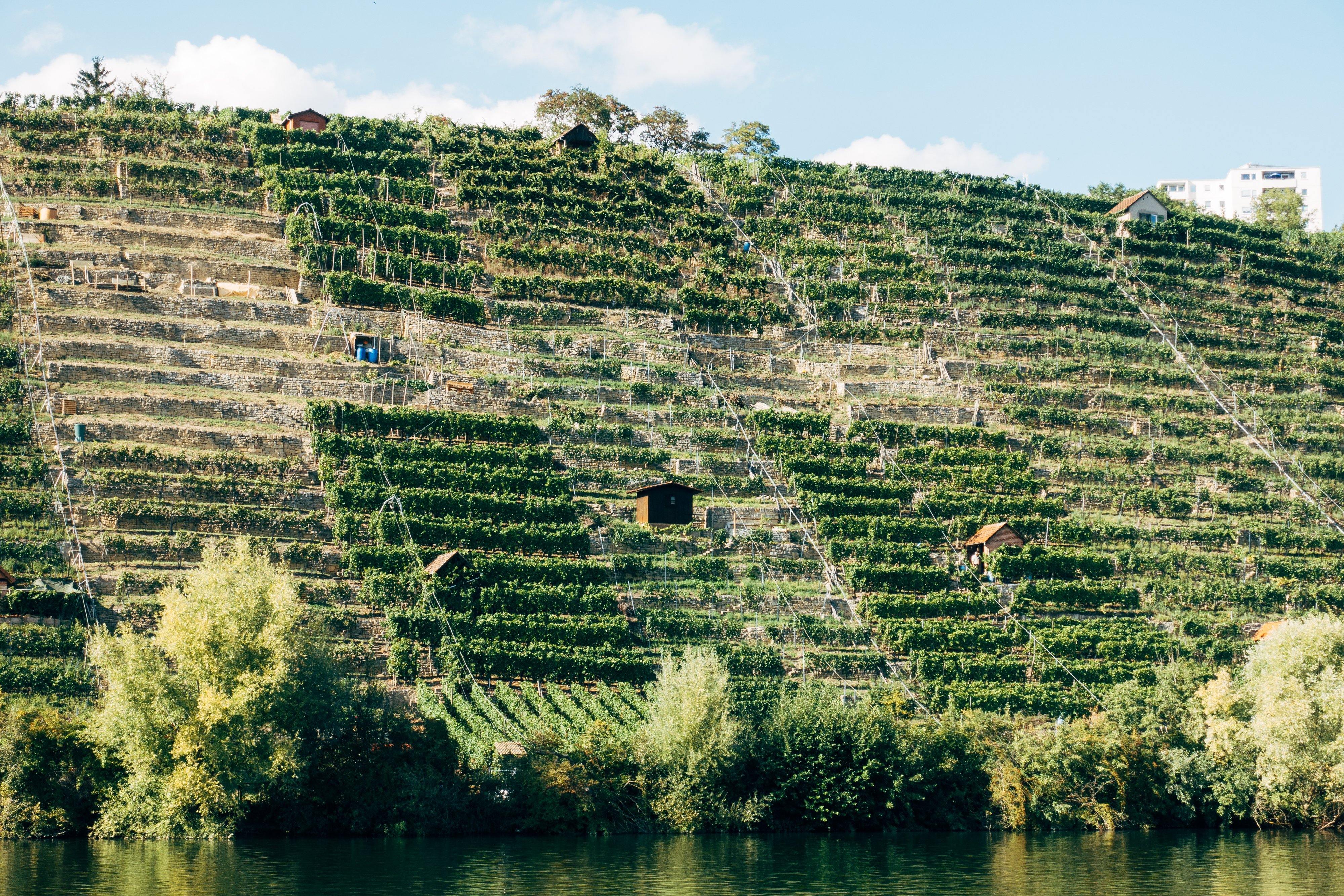
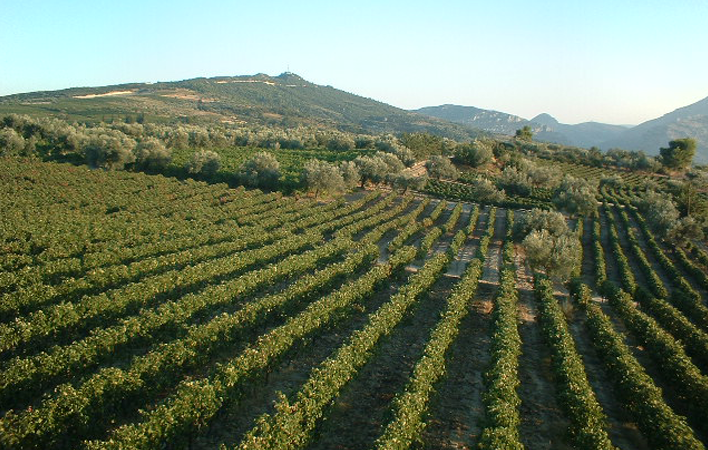

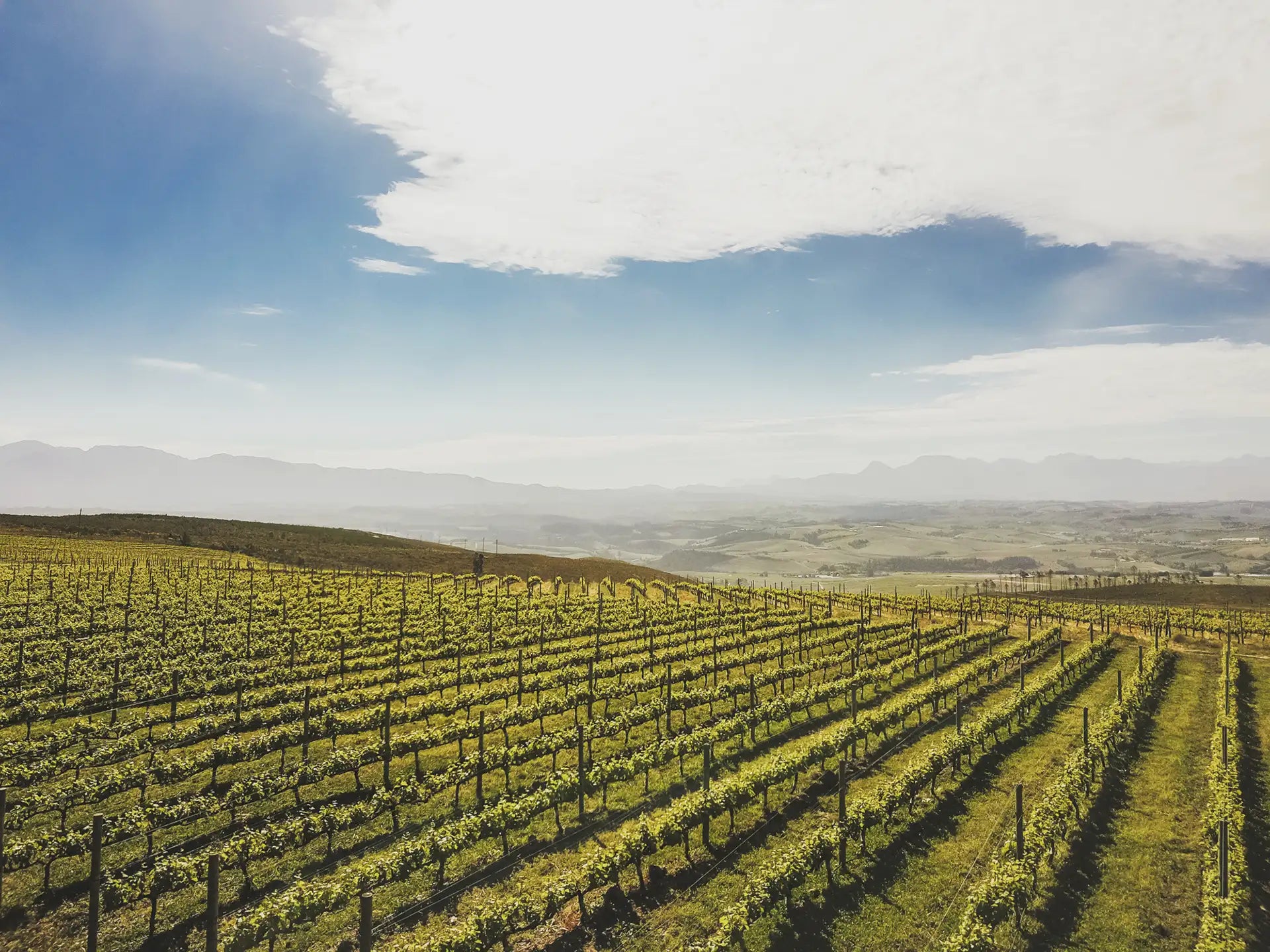
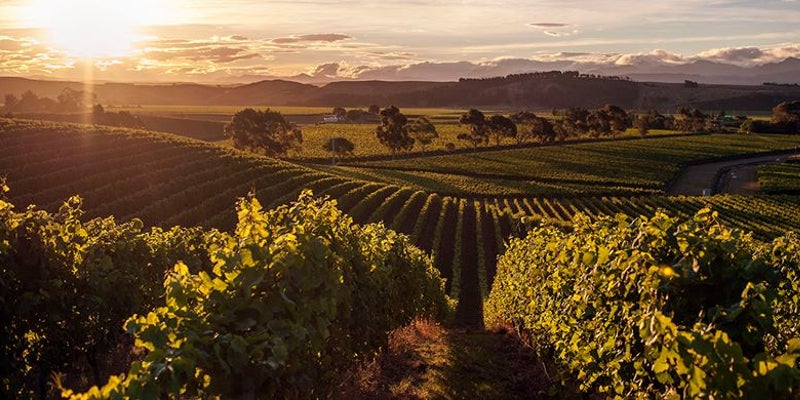
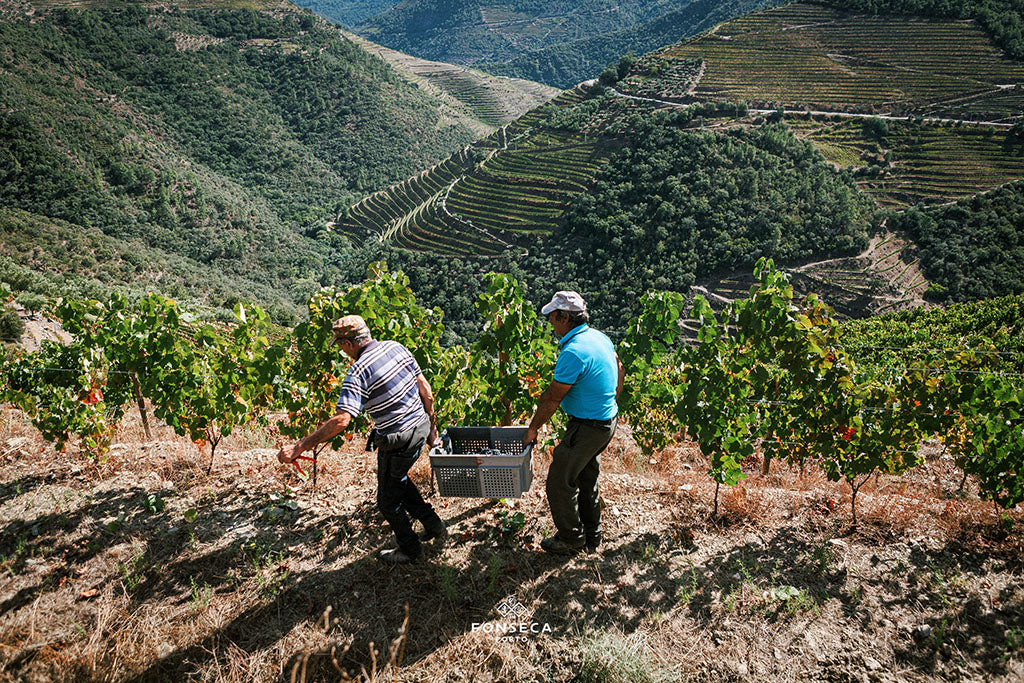
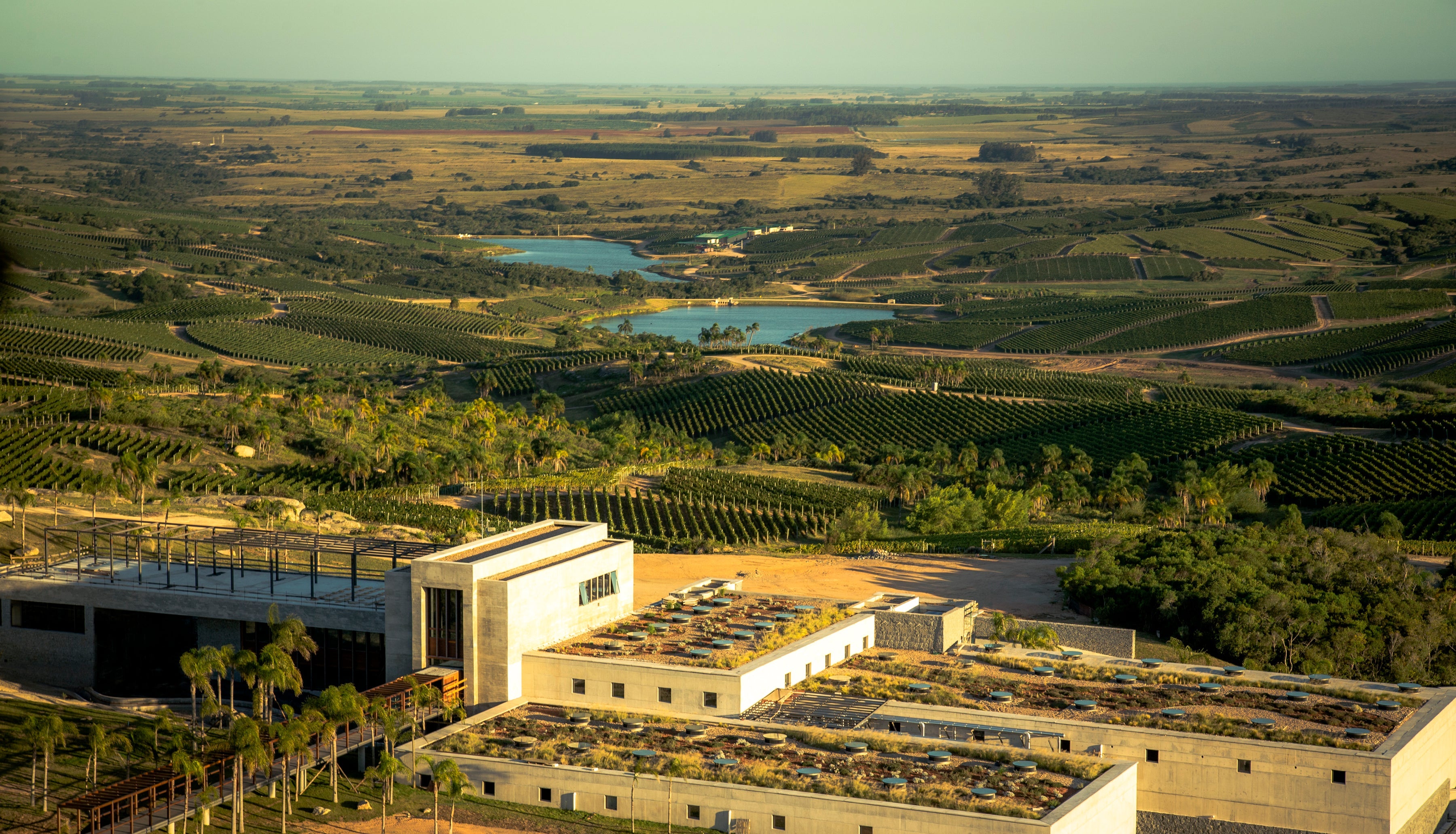
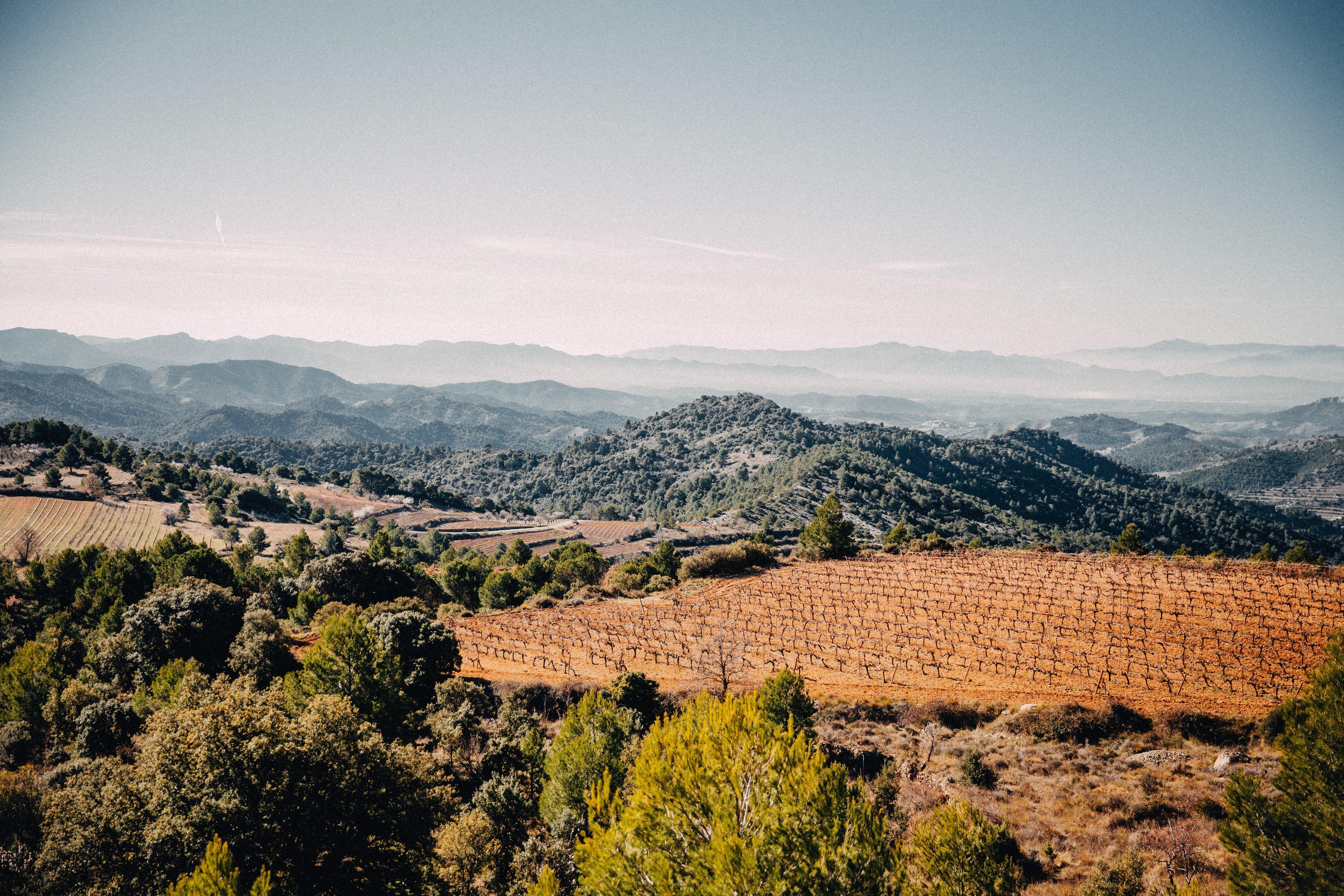
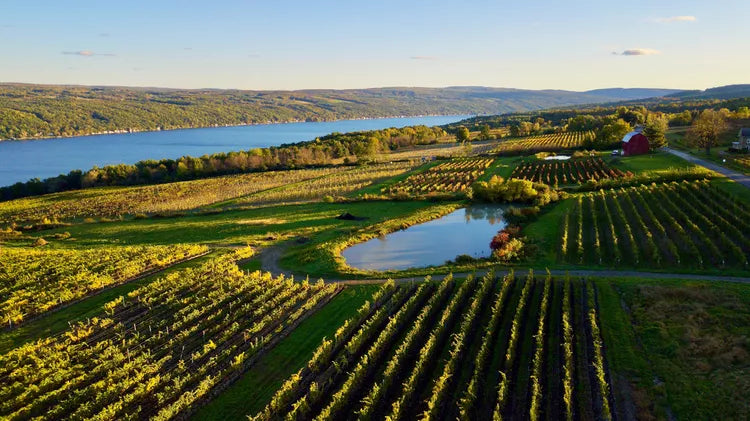

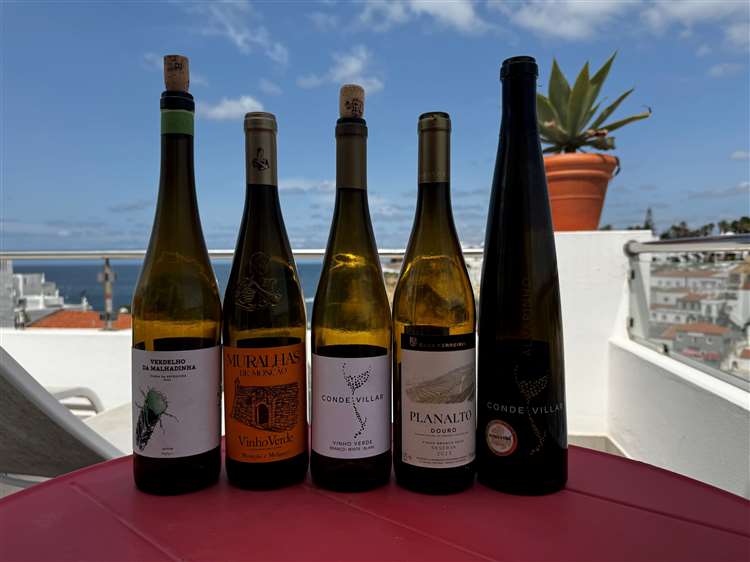


Leave a comment